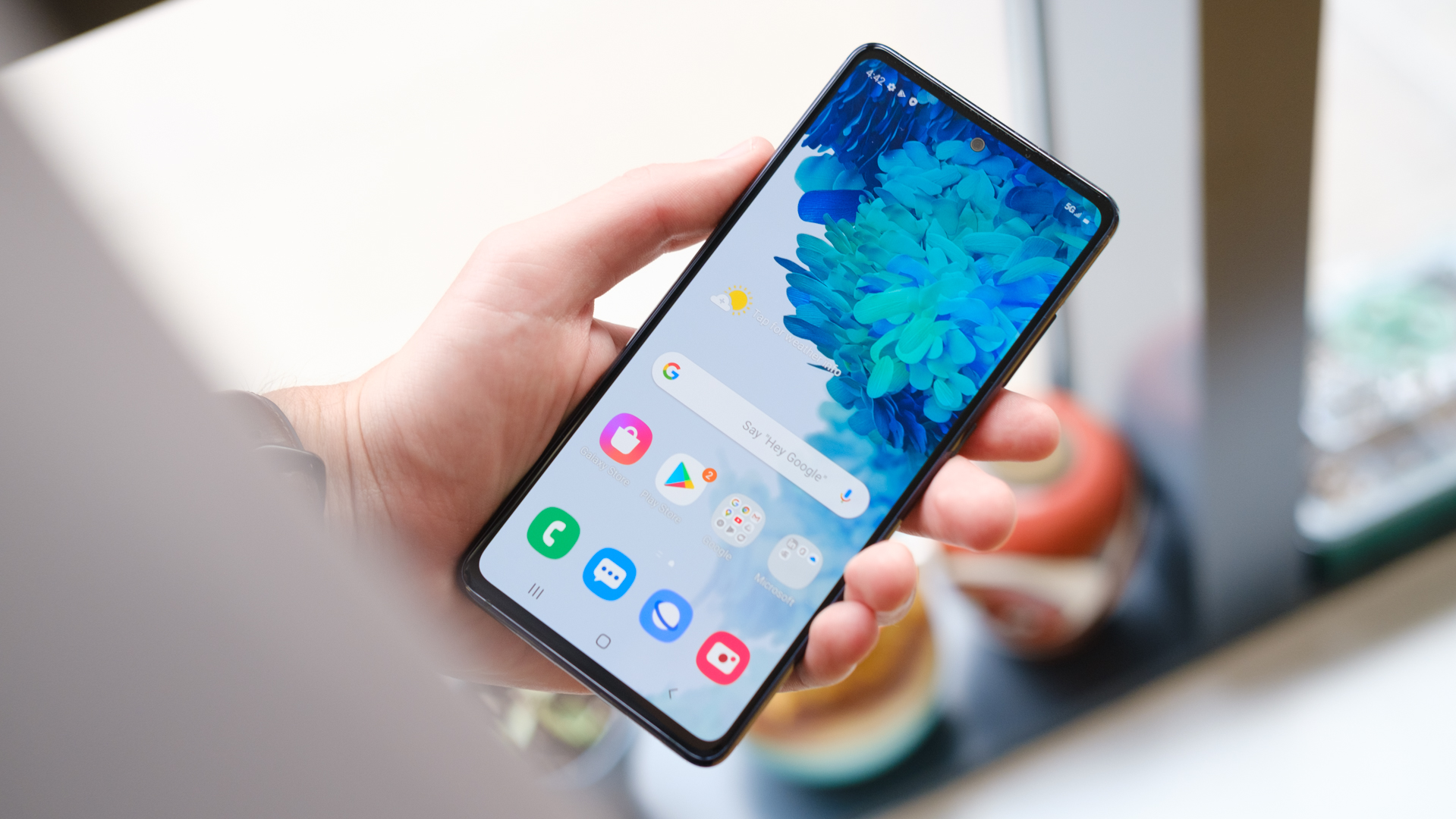Affiliate links on Android Authority may earn us a commission. Learn more.
Samsung tops this chart after Android 11 update, and that's not a good thing

- Samsung has topped the DontKillMyApp charts after its Android 11 updates.
- The website ranks smartphone OEMs based on how aggressively they kill background apps.
- The worst offenders are ranked at the top.
Samsung has done a pretty good job of bringing Android 11-based One UI 3.0 to its smartphones, while also promising three generations of Android updates to select devices. Unfortunately, the company has earned a rather dubious honor thanks to its Android 11 update.
The team behind the DontKillMyApp website has ranked Samsung at the top of its charts following the company’s latest Android version update. For the uninitiated, DontKillMyApp ranks smartphone manufacturers based on how aggressively they kill background apps, with the worst offenders at the top of the list.
Samsung was previously third on the list, so what did the manufacturer do with its Android 11 update to earn this ranking then?
“On Android 11 Samsung will prevent apps work (sic) in background by default unless you exclude apps from battery optimizations,” reads an explanation by the team, adding that it was a “severe divergence” from Android process management policies.
To sidestep this new default behavior, users will need to tap Settings > Apps > Your App > Battery > Battery optimization > All apps > Your app > Don’t optimize, the team explains.
Do phones still need aggressive battery management?
The DontKillMyApp team adds that this breaks use-cases like health apps collecting sensor-related data. DontKillMyApp representative Petr Nalevka told Android Authority that COVID-19 exposure notification apps shouldn’t be affected if they use Google’s exposure notification API, but warned that other COVID-19 tracking apps could be affected by the issue. He also warned that fitness tracking apps would be “greatly affected” by the change.
The news comes more than six months after Google said it was taking measures to address OEMs killing apps running in the background. This latest turn of events suggests that Google’s measures still have plenty of room for improvement.
The practice of killing background apps is meant to help phones eke out more juice, but there’s certainly an argument to be made that hyper-aggressive battery management isn’t as necessary as it once was. This is primarily due to increasing battery sizes, with many OEMs adopting bigger batteries with the transition to 5G and high refresh rate screens. Then again, we’ve previously seen phones with big batteries conk out unexpectedly early due to poor optimization.
Do you think smartphones still need aggressive battery management (e.g. killing background apps by default)? Let us know by taking the poll above!